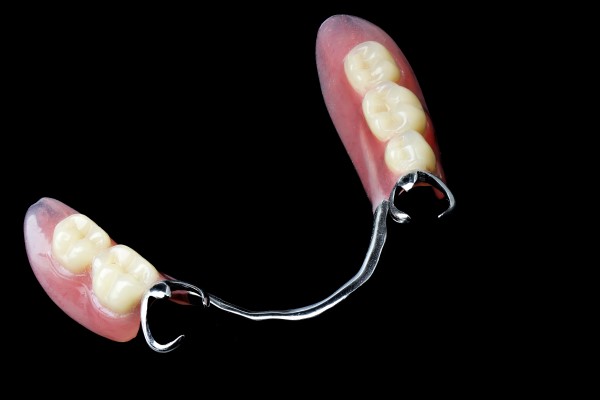 Like other health care issues, emergency dentistry and the Coronavirus COVID-19 disease are generating a lot of discussions. The virus is pervading life everywhere, rearranging routines and schedules. The pandemic has not halted oral health concerns. Still, dental offices are not currently doing routine exams and non-emergency appointments. If you are confused about whether tooth pain falls into the emergency category, learn more about what your dentist can do for this issue.
Like other health care issues, emergency dentistry and the Coronavirus COVID-19 disease are generating a lot of discussions. The virus is pervading life everywhere, rearranging routines and schedules. The pandemic has not halted oral health concerns. Still, dental offices are not currently doing routine exams and non-emergency appointments. If you are confused about whether tooth pain falls into the emergency category, learn more about what your dentist can do for this issue.
Understanding COVID-19
The coronavirus is a respiratory disease caused by a new virus. It started in late 2019 in Wuhan, China, and has since spread worldwide. It has infected more than 1.5 million people, taking the lives of more than 150,000. It passes from one person to another through sneezing and coughing droplets. People can also get it by touching infected contact points and then touching their face. Symptoms include fever, dry cough and shortness of breath.
The causes of tooth pain
Most people have suffered a toothache at some point in life. In many cases, the pain is fleeting and moderate. These situations should cause little concern. If the pain becomes more intense and long-lasting, the person should seek dental care.
A toothache usually indicates that the person has tooth decay. This occurs when the patient develops poor oral health habits such as not brushing or flossing enough. Eating excessive amounts of sugar can also cause this discomfort. Other sources of tooth pain include an injury to a tooth from a blow to the face.
Emergency dentistry and the Coronavirus COVID-19 disease: when to get care for a toothache
Due to current restrictions on receiving dental care, patients should be cautious about making appointments. Not all toothaches are emergencies. However, there are some clues to help people know whether to go to the dentist during the COVID-19 pandemic. If the pain is continuous and continues to get worse, it is an emergency. Also, patients should pay attention to whether they have a swollen jaw or inflamed gums. A sure indication that emergency care is required is if the tooth pain is so intense that the person cannot accomplish basic tasks.
When to wait
People should understand emergency dentistry and the Coronavirus COVID-19 disease issues and why staying home is important. Patients should avoid unnecessary travel, even for some types of dental care. If a person’s toothache only shows up infrequently, it is probably not an emergency. Also, be aware of the severity of the discomfort. If the pain is slowly going away, a visit to the dentist’s office can probably wait a few more weeks or longer.
Your dentist knows
If you are still confused about what you should do for your toothache, call your dentist. Emergency dentistry and the Coronavirus COVID-19 disease will continue to be at the forefront of your dentist’s mind. If you have urgent needs, do not procrastinate getting care. At the same time, if your toothache is moderate and does not affect your ability to eat, it is not likely an emergency. Take care of your oral health when emergency needs arise. Also, be mindful of the risks during this COVID-19 pandemic.


